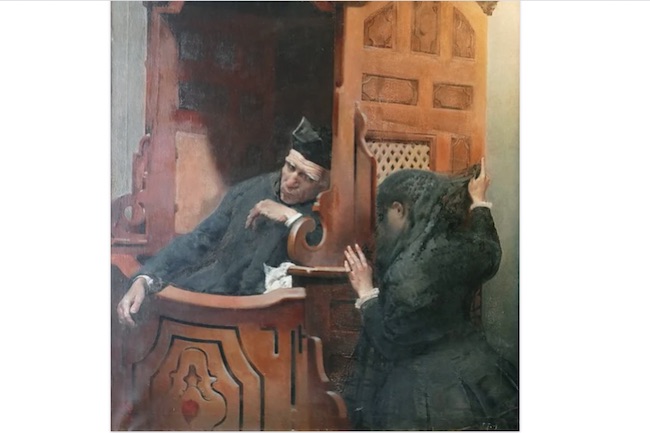WHY CONFESSIONS MATTER by William Boekestein for Core Christianity
GNN Note – This one aspect of my drawing nearer to Jesus Christ has made the difference between actually having a relationship with God and checking a box on Sundays. /END
If I have the Bible, why do I need anything else? Many serious, well-intentioned Christians have asked this question out of suspicion toward “man-made” creeds and confessions. But is there a better alternative than “me and my Bible”?
1. Confessions Are Unavoidable
Because everyone reads the Bible through the lenses of their theology, we always believe more than what is literally stated in the text of Scripture. As soon as we unpack what we believe about Scripture, we’re trying to do on our own something like what has been articulated by historic confessions and catechisms. Confessions even address such basic issues as which Bible we believe, or—at least—which Bible books should be considered canonical, or authoritative (Belgic Confession of Faith 3–6; Westminster Confession of Faith 1:2–3). Historic confessions can help us be honest and public about the theology we already have.
2. Confessions Help Us Agree
Scattered throughout the Bible are micro-confessions, terse summaries of the biblical faith (e.g. Deut. 6:4–5; 1 Tim. 3:16; 1 Cor. 15:3–7). Historic confessions do the same thing on a larger scale. Their beautiful harmony on the essentials of the Christian faith can remind believers that we’re far more united than we’re divided. Even in areas of disagreement (such as the mode and proper recipients of baptism), they teach us which doctrines demand our most serious attention and suggest ways and texts to shape our thinking. In the way they renounce error without being schismatic, they can teach us how to disagree doctrinally without forgetting Jesus’ solemn words: “The one who is not against us is for us” (Mark 9:40).
3. Confessions Free Us from Human Traditions
Churches without confessions can more easily fall prey to the unwritten and unofficial preferences and doctrinal peculiarities of church leaders. Pastors, elders, and deacons who affirm historic confessions commit to teaching and defending God’s word in a way that respects not just their own consciences but also the theological understanding of a broader cloud of witnesses. Believers must submit to proper spiritual authority (Heb. 13:17). But in churches that have public confessions, believers—in making membership vows—are not writing a blank check of submission to their leaders.




